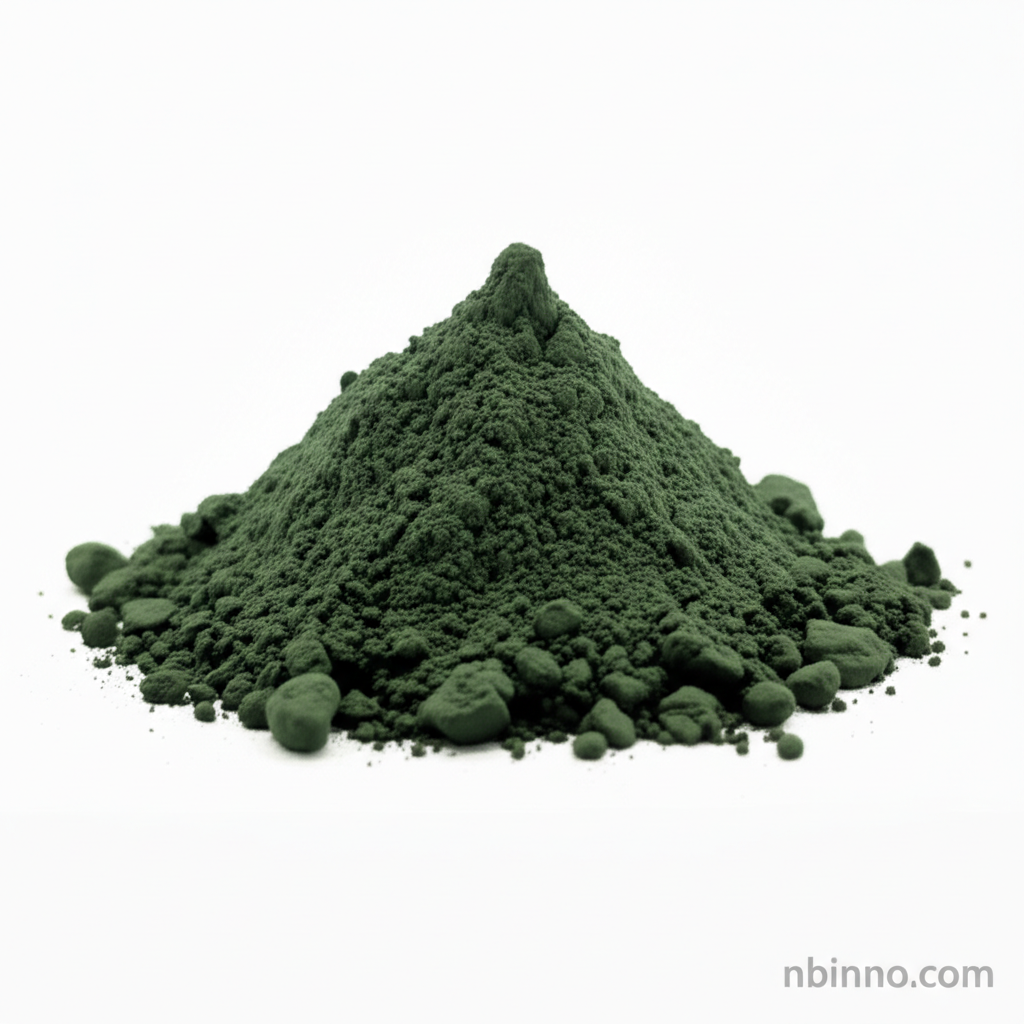Iridium(III) Chloride Hydrate: Driving Innovation in Catalysis and Materials Science
Discover the versatile applications of Iridium(III) Chloride Hydrate in organic synthesis, materials science, and beyond.
Get a Quote & SampleProduct Core Value

Iridium(III) Chloride Hydrate
Iridium(III) chloride hydrate is a highly valuable compound recognized for its exceptional catalytic properties, making it a preferred choice in various chemical reactions, including organic synthesis and pharmaceutical chemistry. It serves as a crucial precursor for the synthesis of other iridium reagents and advanced materials.
- As an effective catalyst in organic synthesis, it facilitates complex reactions and enhances product yields, proving essential for pharmaceutical chemistry.
- This compound is a key precursor for iridium nanoparticles, vital for applications in advanced electronics and fuel cells.
- Researchers value its stability and solubility, which simplify its use in diverse experimental setups for advanced chemical synthesis.
- Its role extends to materials science, enabling the development of high-performance phosphorescent materials for OLED technology and contributing to catalysis in pharmaceutical chemistry.
Key Advantages
Enhanced Reaction Efficiency
Leverage its power as an effective catalyst in organic synthesis to improve reaction rates and achieve higher yields, benefiting processes in pharmaceutical chemistry.
Precursor for Advanced Materials
Utilize this compound as a starting point for creating novel iridium based materials synthesis, including nanoparticles critical for next-generation technologies.
Versatility in Application
Its adaptability makes it suitable for a wide array of scientific endeavors, from complex organic transformations to exploring cutting-edge electrochemistry applications.
Key Applications
Catalysis
An essential component for driving various chemical reactions, particularly in organic synthesis and fine chemical production, boosting efficiency.
Materials Science
Crucial for developing advanced materials like phosphorescent compounds for OLEDs and other optoelectronic applications, pushing technological boundaries.
Pharmaceutical Chemistry
Serves as a vital catalyst in the synthesis of drug molecules and bioactive compounds, contributing to advancements in medical treatments.
Nanotechnology
A key precursor for synthesizing iridium-based nanomaterials, enabling innovations in areas like targeted drug delivery and advanced sensors.
